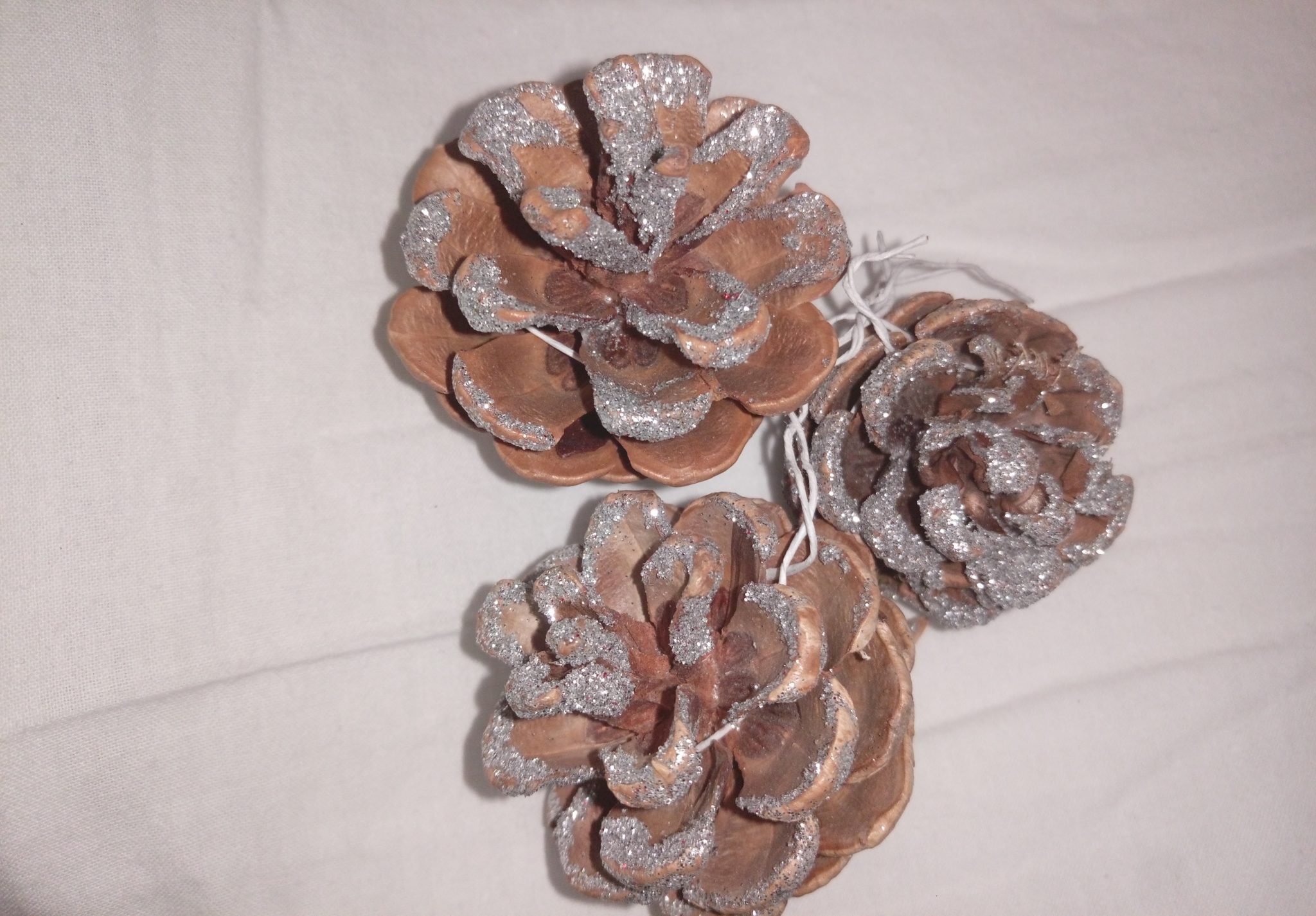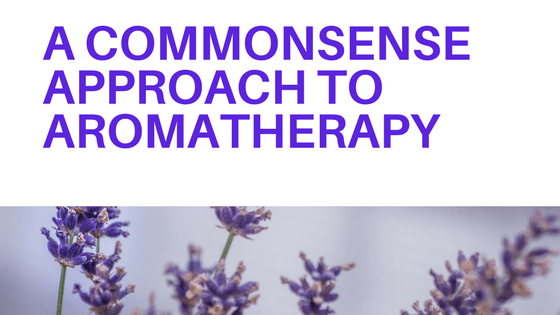Aromatherapy is a massive subject and no one knows everything; we keep discovering things and changing our stance on things based on new information; in many circles this is considered as adopting ‘best practice’. We revise and grow.
Or we don’t.
I am seeing posts by people who think nothing of recommending people to add a few drops of essential oil to some water and just drink it. Qualifications? They’ve been told by the company they’ve signed up to that it’s safe because the oils are of fantastic quality that outstrip all the others on the market. No mention of how the chemicals compounds may react with the lining of the digestive tract, and that continual use of an essential oil which is not properly ingested can cause mouth, gullet and stomach issues. Probably, because they don’t know this information. They don’t know that each time you ingest you should be carefully considering what you are trying to achieve, calculating if the oil being suggested is the best option for that condition with minimal risk and reviewing what other medication the person is currently taking that the oils may interact with.
Essential oils don’t need to be used as a prophylactic. They don’t need to be overused, because then you’re overloading your body and just creating issues. Too much of anything is bad for you – take carrots. I had a friend who loved carrots, so much so, that her armpits turned orange because she was sweating orange. It turns out that in high quantities carrots can actually be dangerous. Yes, carrots, even though they are good for you, still aren’t great in high quantities. And the same goes for essential oils.
 Now, there’s also others going to the other extreme. I’ve seen posts shouting at others that one drop of Pine on a pine cone is going to cause all kinds of issues. One drop of Scotch Pine, Pinus sylvestris on a pine cone, in a well ventilated normal size room is going to cause issues? I’m still trying to work it out, as the chemical molecules are going to dilute with air and by the time you’re inhaling it, the essential oil compounds are going to be minimal. Also, over time it will naturally dilute further and within a short amount of time there won’t be much going on at all; much less than if you’ve bought yourself a synthetic fragrance that’s being pumped into the air.
Now, there’s also others going to the other extreme. I’ve seen posts shouting at others that one drop of Pine on a pine cone is going to cause all kinds of issues. One drop of Scotch Pine, Pinus sylvestris on a pine cone, in a well ventilated normal size room is going to cause issues? I’m still trying to work it out, as the chemical molecules are going to dilute with air and by the time you’re inhaling it, the essential oil compounds are going to be minimal. Also, over time it will naturally dilute further and within a short amount of time there won’t be much going on at all; much less than if you’ve bought yourself a synthetic fragrance that’s being pumped into the air.
I’ve seen posts on social media of people who are constantly bashing particular essential oil suppliers and are creating a culture of fear around essential oils. As an aromatherapist I’m quite comfortable about using essential oils and what constitutes a major risk and what doesn’t. As a newly qualified aromatherapist I remember the fear of inadvertently doing wrong through ignorance, and it’s one of the reasons I completed some advanced aromatherapy training. Because I don’t want to live in fear; and I don’t want to see others being consumed by it.
So, if you’re in the UK and you’ve bought a pre-blended product from a reputable supplier, follow the guidelines on their packaging. They will have spent a lot of money formulating the blend, having it tested and prepared for market. They will be ensuring their advertising is compliant and that their guidelines and directions are also appropriate for the product, because otherwise they will face mis-selling and possible legal action. If you’re not sure if your company is reputable, check the Aromatherapy Trade Council. I keep barking on about it, because as an aromatherapist I don’t want to favour one particular supplier. I use my own brands but I’m aware there are others out there which are just as good and you are more than capable of choosing the right supplier for you.
I’ve seen a post which advised someone that the pre-blended massage oil they were using shouldn’t be used for high blood pressure, epilepsy, chemotherapy etc. If you’re on chemotherapy, you need to be careful about your essential oil use, as it can interfere with the dosage and we don’t know the minimum amounts. But high blood pressure? In high quantities, yes, we need to be careful, but a massage oil that is a once a month application of about 20mls of a pre-blend containing three essential oils isn’t really going to affect your blood pressure long term drastically.
How can I be so confident?
I’m going to assume the lower side of dilution, as they’ve had to make it for a mixed audience – I know I shouldn’t really be making assumptions, but if they’re in the trade making it for a general audience I think we can safely assume they’re not going to flood the product with essential oils. If the pre-blend has 3 oils, that means the chemicals we have an issue with will only be making up a third of the mix. If they’ve only put effectively 4-8 drops (of all the oils) in that 20mls, then we’re looking at 2-3 drops of the offending essential oil in the mix. Now, massage is actually the least effective way to get essential oils into the body, so only about 10% of the oils will actually enter the body and the blood stream and it can take up to 24 hours, depending on which oils we’re using. Yes, we are going to be inhaling the oils as well, but again, its’ not an intensive dilution which is going to have a long term im pact. While it would be great to think essential oils on this scale can interact with the blood pressure, unfortunately it’s very unlikely. If it did, I think we could be in big business with doctors.
pact. While it would be great to think essential oils on this scale can interact with the blood pressure, unfortunately it’s very unlikely. If it did, I think we could be in big business with doctors.
Obviously, if you want a more bespoke blend I’d recommend getting in touch with an aromatherapist. We’re here when you don’t fit the guidelines on the side: if you do take medication, you do have particular health issues which may mean you need further advice or you don’t want to just pick up the product off the shelf.
So, when you’re on social media or listening to people, follow these steps:
- Is this person qualified to say what they’re saying? (I’d like to say I think I’m qualified, but even I get it wrong at times. With over 10 years experience in aromatherapy, several diplomas, and staying on top of my continuing professional development, I’m still learning. But if I give you the wrong information, the buck stops with me). Are they liable and will they know what to do or be able to help you if you encounter a problem?
- What is this person gaining from you if you follow their advice? Some people will be wanting to sell you products, others a service. That’s fine, as long as you want it.
- Do the claims they’re making sound realistic? If someone is telling you that putting neat oils on your back is going to help scoliosis, then walk away. (I’ve not heard this recently, but it’s one of the shocking things I have heard. Scoliosis is a sidewards curvature of the spine and essential oils aren’t going to help a physical structure move). While it may not be this exact example it gives you an idea of what people may say, and how it’s important to hear these things with a critical head on.
- Are they asking you to use essential oils neat, high dilutions or internal? This is not standard aromatherapy practice. If you feel this is something you would benefit from, look for someone who is qualified in aromatic medicine or aromatology, not a sales representative.
- Do you have a health condition? Don’t just follow what is being recommended. Blanket recommendations are not suitable for people who have health conditions and it may be worth you checking in with an aromatherapist.
- Don’t buy the hype. Remember, everything in moderation. It is not appropriate to be using essential oils at breakfast, lunch, dinner and beyond if you haven’t really got a reason to.
- Don’t buy into the fear. While essential oils are potent, please remember it is about usage, dilution and chemical components. If you are in doubt about something you are seeing on the internet, ask an aromatherapist to clarify what it is about. If what you hear from the aromatherapist sounds fear based, check with another one.
- If you buy an essential oil or an essential oil product, use it as directed on the packaging, or as directed by someone who is suitably qualified to give the advice.
- Do not use essential oils with babies or young children unless you have received suitable advice, or you have bought specific baby formulated products.
So, remember, essential oils are currently becoming a this season’s must have. If you want to get on board, that’s great but please do it responsibly and don’t listen to the two extremes. Stay sane and remember it’s about balance. Essential oils are great but they do have their limits, however, they are also bottles of chemicals, so need to be treated with respect.
 Louise is an holistic therapist who owns the Therapy Centre, BS14 9HB, a clinic offering a range of holistic and beauty therapies. Louise offers reflexology, aromatherapy, aromatology, holistic massage, Indian head massage, reiki, baby massage and story massage. She is a mum of two boys and when she is not working she enjoys getting outdoors with her family. For further information visit louise-morgan.co.uk or contact her clinic on 01275 217160
Louise is an holistic therapist who owns the Therapy Centre, BS14 9HB, a clinic offering a range of holistic and beauty therapies. Louise offers reflexology, aromatherapy, aromatology, holistic massage, Indian head massage, reiki, baby massage and story massage. She is a mum of two boys and when she is not working she enjoys getting outdoors with her family. For further information visit louise-morgan.co.uk or contact her clinic on 01275 217160

